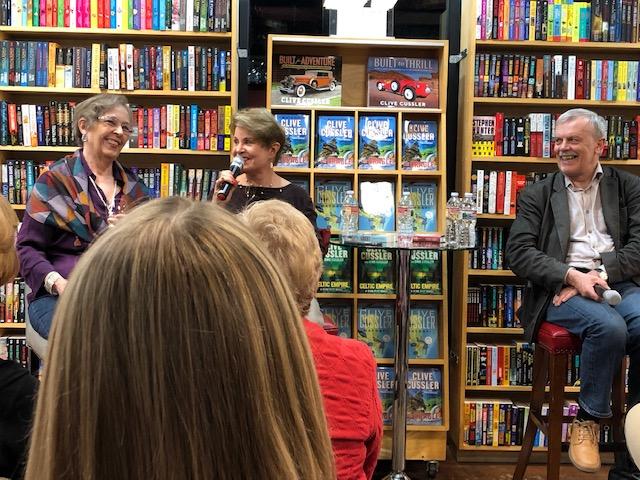I was going to do a riff on Labor Day, but I just reread Donis Casey’s excellent piece that she posted on Thursday titled “So You Want To Be A Novelist”. She does a good job at capturing the difficulties, the terror, the stress, and the pain that sometimes goes along with being a writer.

But yes, I’ve always wanted to be a novelist. All my life. And, yes, there is a downside that includes hundreds and hundreds of hours spent alone in front of your laptop, your only company being the characters in your head. The only conversations you have are the ones you make up. The only life you have are the adventures in your imagination.
It can lonely. Luckily for me, I can take a break, go downstairs and hug my wife and pet my dog.
Obviously, there’s an upside. The joy when your editor finally signs off on your novel. The thrill of seeing the cover of your new book. The kick of opening up a box and seeing a dozen copies of your new mystery about to be released.
I love it when I’m out of taking a walk and someone comes up to me and asks, “Hey, are you the writer?” Or, going into the grocery store and having a neighbor tell me how much they loved my last book. Or, getting my haircut and see a set of my books on the shelf.
Before I was published, I’d go to book conferences and sit in the audience and listen to panels of authors talk about writing and publishing and crime. I wanted to be on those panels.
And now I am…at least I was until the damned pandemic.
Certainly, there’s a lot of work involved with writing a novel. But I love thinking about how my characters come to life in the minds of my readers, how they are captivated by stories I create, how invested they get in the plots. I smile when someone tells me that they couldn’t put down my latest novel. And, I love doing book signings, book events, and talking to book clubs.
And I love it when my agent sends me a royalty check. I once heard that only about 250 writers in the world can make a real living writing novels. I’m not one of them. But I get paid to write books. That makes me a professional novelist and there’s a certain pride I can take in saying that.
I’ll close by paraphrasing a writer friend of mine, Jeffrey Siger. He said, “Writing is a hard way to make a living, but it’s a great way to make a life.”
Now, a quick riff on Labor Day:
At the height of the Industrial Revolution in the United States in the late 1880s, the average American worked 12 hour days, seven days a week, just to make a meager living. Children as young as 6 toiled in factories, farms, mills, and mines making even less than their adult counterparts. Conditions were miserable.
As manufacturing overtook agriculture as the primary source of jobs, unions came into being. As a result, organized strikes and protests erupted demanding better pay and fewer hours. On September 5, 1882, 10,000 workers took unpaid time off to march from City Hall to Union Square in New York City, making it the first Labor Day Parade. It was from this that a “workingmen’s holiday” celebrated on the first Monday of September began to take form.
On May 11, 1894 employees of the Pullman Palace Car Company in Chicago went on strike to protest wage cuts and the termination of union representatives. On June 26, the American Railroad Union called for a boycott of all Pullman railway cars, in effect shutting down nationwide railway traffic. The federal government dispatched troops to Chicago to break the Pullman strike. The result was a wave of riots resulting in the deaths of more than a dozen workers.
Congress attempted to ease the massive unrest and attempted to repair ties with American workers by passing an act making Labor Day a legal holiday. President Grover Cleveland signed it into law on June 28, 1894.
So, will I be celebrating Labor Day and taking a day off? Nah, writer’s gotta’ write.
Stay safe, stay healthy.



















